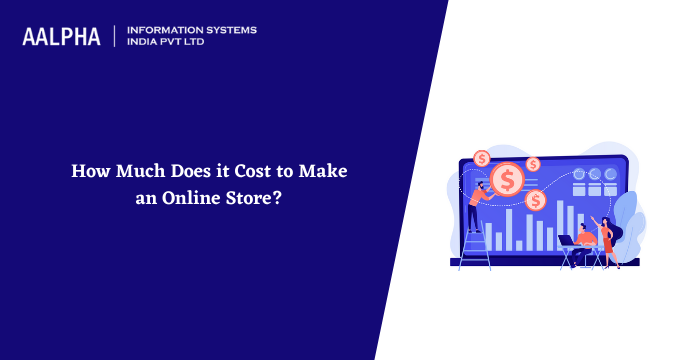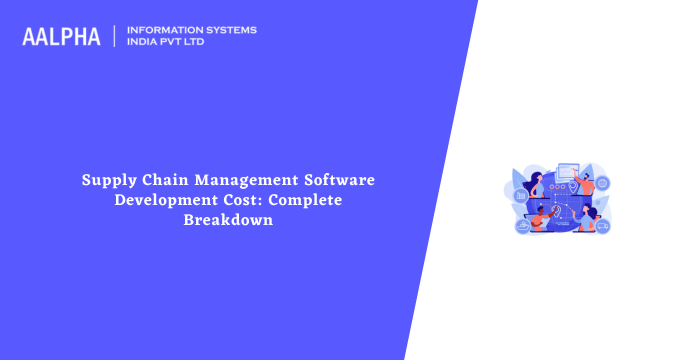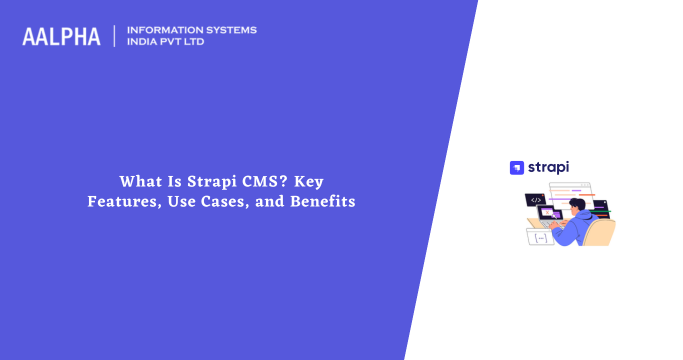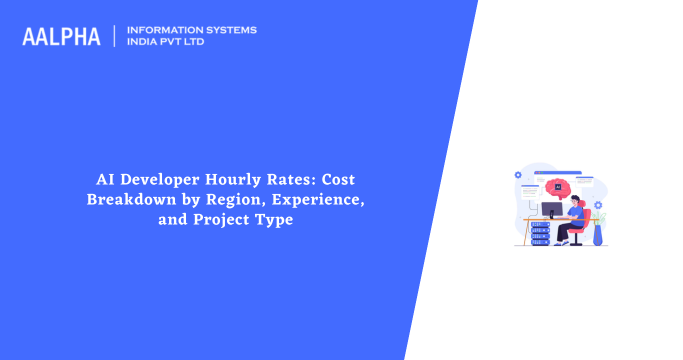Numerous firms have decided to launch an online shop this year. Indeed, one of the most common reasons individuals use the internet is to purchase. According to Statista, global retail ecommerce sales reached $3 trillion in 2019 and are expected to reach $6.5 trillion by the end of 2021.
However, there are expenses connected with internet access. We’ll discuss what factors to consider before making any selections and how to determine expenditures for your online store.
How Are Ecommerce Costs Calculated?
Numerous elements contribute to the total cost of developing an online store. You will be required to pay for the following items:
- Software for ecommerce.
- The domain’s name.
- Hosting for e-commerce.
- SSL encryption certificate.
- Charges for payment processing.
- Theme and design of the store.
- Extensions and add-ons.
Costs of Infrastructure
-
The expense of ecommerce software.
The cost of online store solutions varies according to their out-of-the-box functionality, the kind of software they provide, and their quality of support. There are several platforms, the best places to sell online, and selecting the appropriate one is a critical step in starting an ecommerce company.
-
Domain name & registration fees.
Unless you can pay for many years in advance, your domain name will be an annual expense. According to GoDaddy, the cost of a domain name is generally between $5 and $50 each year. The cost varies according to where you acquire it and the extension you choose, such as “.com” or “.shop”. Generally, purchasing from a private seller or at an auction will be more costly.
-
Hosting for e-commerce.
After registering a domain name, the next step is to locate a web host. BigCommerce and Shopify are cloud-based solutions that provide web hosting as part of the subscription. This eliminates the need for you to seek out third-party hosting or deal with the issues associated with administering it.
Self-hosting an ecommerce business costs from $80-$750 a month, depending on the amount of traffic your store receives, the features included on your website, and automated services like site backup.
-
The cost of an SSL certificate.
An SSL certificate costs between $20 and $50 per year. While this is one of the more costly components of your online business, it offers the security necessary for clients to view and buy on your site. Occasionally, search engines may consider an SSL certificate as a ranking criterion as well. Additionally, some hosting providers include this in their monthly charge, so keep that in mind.
-
Transaction processing fees.
It’s easy to ignore the fees of payment processing, but they may quickly accumulate. Payment processing charges vary according to the sort of payment you choose to accept at checkout — PayPal or a variety of credit cards — the currency you wish to accept, and the areas you wish to sell. You’ll be charged a fee for each payment gateway that you choose to provide.
Costs of Design
A component of growing your ecommerce business is establishing a distinct user experience via website design that represents your brand and encourages repeat purchases. Moreover, your online store’s design incurs certain standard charges.
- Theme and design cost for the store.
Each of the leading ecommerce platforms offers a selection of ecommerce web design themes. Specific themes may be accessible in addition to the platform’s subscription fee, while others may cost between $60 and $200 for each theme.
BigCommerce-hosted stores have access to a range of free and paid themes. Cornerstone is BigCommerce’s most popular theme. Moreover, it is geared for sales and discounts, massive catalogues, multi-purpose use, and mobile, tablet, and desktop use.
- Costs associated with add-ons, plugins, and extensions.
Regardless of how hard you seek, there will never be an ecommerce solution that includes everything you need for your online business. This is where add-ons, plugins, and extensions, as well as their associated charges, come into play.
Cost of online store setup
The cost of hiring a developer to create your ecommerce site is entirely dependent on the features required to operate a profitable ecommerce company. If you’re searching for non-standard solutions, you may want to consider hiring an ecommerce website development services to develop a site for you.
Development organizations may take the following actions:
- Web development on the back end.
- Web design on the front end.
- User interface/user experience design.
- Services related to ecommerce.
- Design of mobile applications.
- Strategy for the digital age.
- Development of customized software.
While hiring an ecommerce development company is not cheap, it will save you money over hiring an in-house developer.
Final Words
You can establish an online store for less than $1,000, depending on the functionality your firm requires. Because an online shop has a variety of various characteristics, you may pick and select precisely what you need and only pay for those goods.
Planning to develop an online store for your business at an affordable price? feel free to contact us & get free quote.




Share This Article:
Written by:
Muzammil K
Muzammil K is the Marketing Manager at Aalpha Information Systems, where he leads marketing efforts to drive business growth. With a passion for marketing strategy and a commitment to results, he's dedicated to helping the company succeed in the ever-changing digital landscape.
Muzammil K is the Marketing Manager at Aalpha Information Systems, where he leads marketing efforts to drive business growth. With a passion for marketing strategy and a commitment to results, he's dedicated to helping the company succeed in the ever-changing digital landscape.